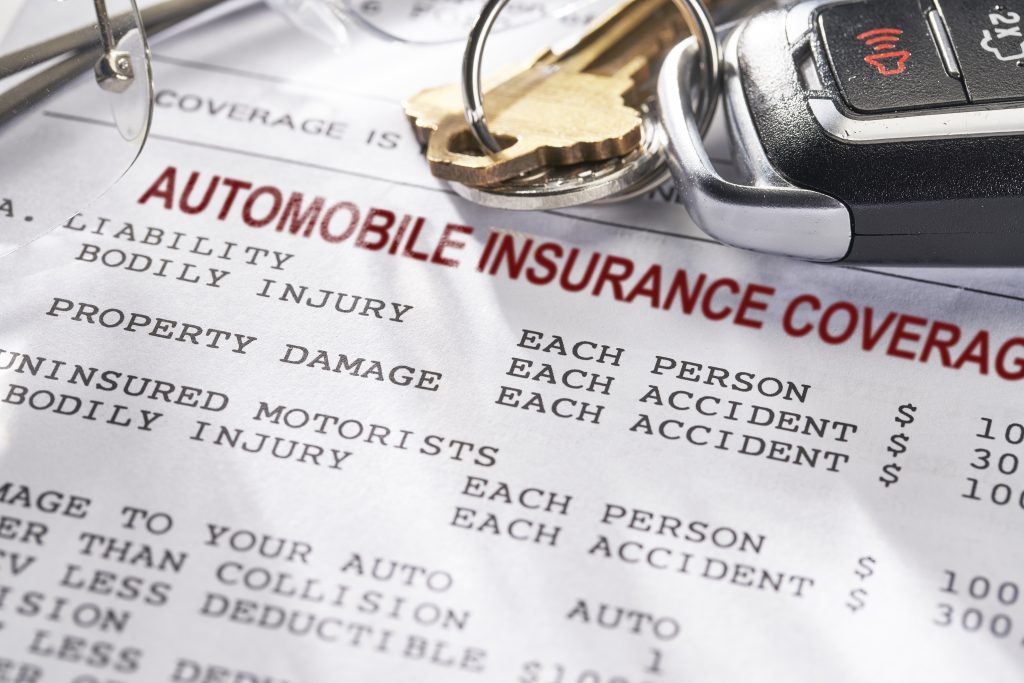
What Is Full Coverage Auto Insurance
It is routine. We put on our shoes, grab our keys, and head off to start the day. Unfortunately, we don’t think about car insurance as we turn the key in the ignition. Most of us don’t think about it at all until it is necessary. With an average of six million car accidents reported each year, understanding the type of coverage you have before an accident is essential.
It is often only after an accident when you hear the terms “uninsured motorist” or “liability insurance” and learn that you may not be adequately covered for damage to your car or yourself. For example, many clients are surprised that much-needed transportation is not available because the car rental is not part of the coverage.
“Full coverage” is not a legal term, and it can be used differently from one insurance company to another. Your company may or may not consider collision and rental car coverage to be part of “full coverage”, and most companies will not assume you want underinsured motorist coverage as part of “full coverage”. It is helpful to understand the types of coverage that exist so that you can know your options and ask for each type of coverage specifically.
Liability
Kentucky law requires everyone to have liability insurance on their vehicle. Liability covers damages caused by the at-fault driver. If you are at fault, liability coverage will pay others for their property damage or injuries.
If another driver causes the accident, their insurance will be responsible for your damages. Your own liability coverage does not pay for damages to you or your car if you are at fault. It protects you from being personally responsible for damages your actions caused in the accident.
Collision/Comprehensive
You can add additional insurance coverage to your policy, such as collision or comprehensive, to protect your vehicle.
Collision coverage applies to damages to your car regardless of who is at fault. If you are involved in an accident, collision coverage will pay for your property damage even if you cause the accident.
Comprehensive coverage covers damage to your car caused by something other than a collision. If a tree falls on your vehicle or it is vandalized, comprehension coverage would cover your loss.
Collision, comprehensive, and rental car coverage are usually not automatic and may not be included in your “full coverage.”
Uninsured/Underinsured
Approximately 13% or 32 million drivers are uninsured. This means that to protect yourself, you need uninsured motorist coverage.
Uninsured coverage acts in place of the driver who does not have insurance. It is important to remember that the uninsured policy limits are what cover your injuries.
Other drivers on the road may not have enough insurance to compensate you for your injuries. Suppose the at-fault driver has policy limits less than your claim’s value. Underinsured coverage on your policy provides you with additional coverage.
Uninsured and underinsured coverage may not be part of your “full coverage.”
As you can see, it is crucial to go over your policy with your insurance agent periodically, ask questions, and consider policy limits and deductibles. Having your insurance policies reflect your need is vital to your future financial stability.


